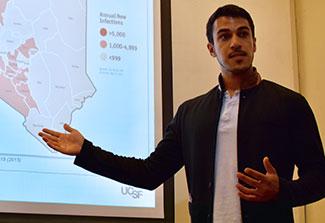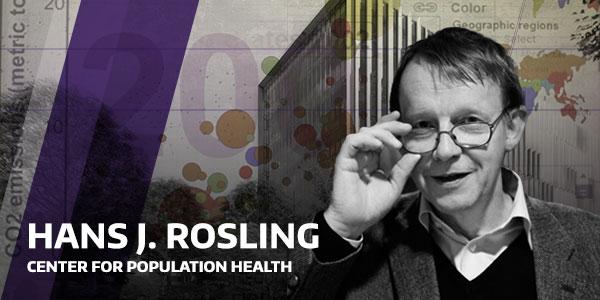Where You're Born Even Within A Country Still Matters (NPR - Features Simon Hay)
Better vaccines, nutrition and disease control have cut the global death rate for children in half over the past 20 years. But even within countries that have made major progress, children can face greatly different fates.
"Where you're born substantially impacts your probability of surviving to 5," says Simon Hay, an epidemiologist at the University of Washington who is the lead author of a new study on childhood mortality in Nature.



